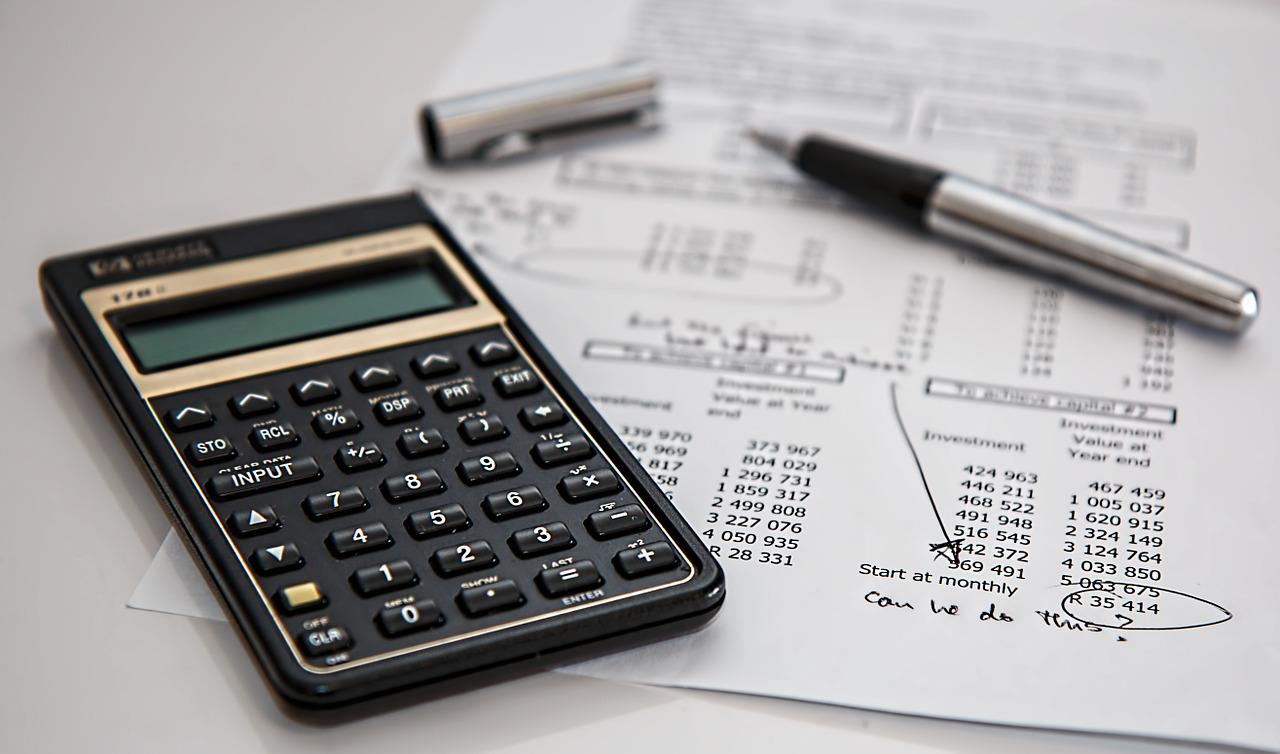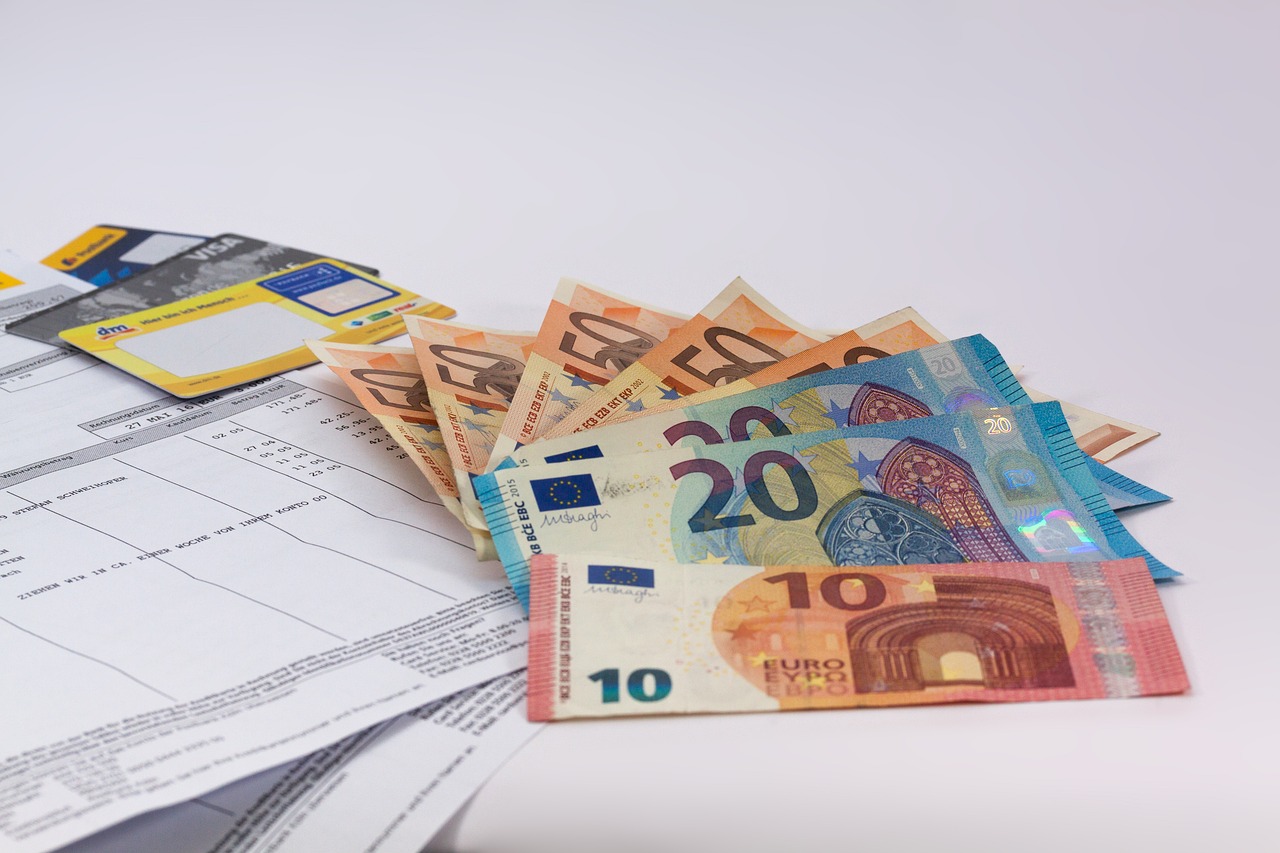This article provides a detailed overview of the current tax rates in Denmark. We will look at the different types of taxes and how they are calculated, as well as any special exemptions and deductions that may be available. We will also discuss how much the average citizen can pay in taxes and how this compares to other countries. Finally, we will examine how the Danish government uses taxes to fund public services and infrastructure development. By the end of this article, readers should have a thorough understanding of Danish tax rates and their impact on citizens and businesses.
Who pays income tax in Denmark?
In general, taxes in Denmark are quite high, but Danish residents can enjoy a wide range of benefits as part of their fee.
Income tax is the main tax paid in Denmark. It is paid by every employee and every danish company, including companies run in the country by foreigners.
Income tax rates in Denmark
Danish income taxes are divided into two categories. Specifically, they are the state tax, which is progressive, meaning that it depends on income, and the local tax, which is linear.
Income tax rates in Denmark are:
– 8% of income – applies to earnings up to DKK 50,217,
– 39.2% of income – applies to earnings between DKK 50,217 and DKK 558,043,
– 56.5% of income – applies to earnings higher than DKK 558,043.
It is also worth pointing out that church tax is also added, the value of which depends on the municipality.
Companies, in order to calculate their income tax, must keep accounts. For employees, calculations are made on the basis of documents provided by the employer.
Tax-free amount in Denmark
Denmark has an income tax-free amount, which is an amount that is not subject to taxation.
For income tax, this amount is calculated each year as a percentage of gross salary. In 2019, it is set at 10.10% on gross salary. So when income falls within the tax-free amount, then it is not taxed.
Assistance in calculating taxes is also offered by accounting firms that provide comprehensive services to entrepreneurs in Denmark.
How does the Danish government use taxes to fund public services and infrastructure development?
The Danish government finances public services and infrastructure development primarily through taxes and fees, such as income taxes, property tax, inheritance and gift tax, and tolls on roads and bridges. The government can also borrow money from banks and other financial institutions or issue government bonds.
Denmark’s tax system is based on the principle of solidarity, meaning that taxes are higher for those with higher incomes and lower for those with lower incomes. This allows the government to provide a wide range of public services, such as health care, education and social welfare, which are available to all citizens regardless of their income.
The Danish government also invests in infrastructure development, such as roads, bridges, railroads and airports, which helps the country’s economic development and facilitates the movement of goods and people. To ensure the stability of the country’s finances, the Danish government also follows a fiscal policy that balances spending with income from taxes and other funding sources.







